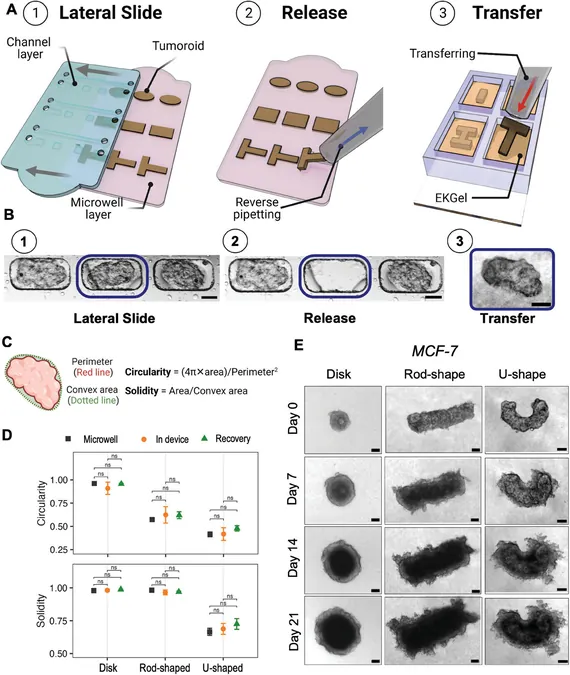
Revolutionary Microfluidic Device Unleashes Secrets of Tumor Shape to Predict Cancer Aggressiveness!
2024-11-16
Author: Emily
Introduction
In a groundbreaking development, researchers from the University of Toronto's Faculty of Applied Science & Engineering have unveiled an innovative microfluidic platform capable of manipulating tumor shapes with exceptional precision. This uncharted territory in cancer research holds the potential to significantly advance our understanding of cancer behavior and treatment.
Research Insights
Under the leadership of Professor Edmond Young, the team has illuminated the critical link between tumor shape and cancer cell behavior, potentially transforming cancer care into a more tailored and effective approach. “Current research heavily emphasizes spherical tumor shapes for in vitro modeling, leaving a vast array of tumor morphologies unexplored,” explained co-lead author Sina Kheiri. Their study, which was recently published in *Advanced Materials*, shines a light on the necessity of this research shift.
The ReSCUE Platform
Introducing the Recoverable-Spheroid-on-a-Chip with Unrestricted External Shape (ReSCUE) platform, researchers now have the ability to recover and release tumorids for comprehensive analysis. Unlike traditional methods where tumor models are constrained and observed solely under optical microscopy, this new technology allows for a versatility that could redefine cancer studies.
Key Findings
A staggering statistic highlighted by Kheiri reveals that only 20% of breast tumors observed in a study of 85 patients were spherical. “This emphasizes that restricting cancer model studies to spherical shapes deprives us of understanding the diverse realities of tumor behavior,” he cautioned.
Advanced Organoids
The ReSCUE platform’s innovative design allows for the creation of tumor shapes that mirror the various forms observed in the human body. Collaborating with Dr. David Cescon, a renowned breast medical oncologist at the Princess Margaret Cancer Centre, the team utilized patient-derived cancer cells to engineer these advanced organoids.
Technical Innovations
The multi-layer setup features EKGel, a biomimetic hydrogel developed by Professor Eugenia Kumacheva’s group. This hydrogel acts as a structural scaffold, promoting the growth and organization of cells in an environment that closely mimics human tissue.
Serendipitous Discoveries
Kheiri's serendipitous discovery of tumor shapes influencing cancer cell behavior occurred as he optimized the microfluidic platform. By tweaking the microwell aspect ratios, he stumbled upon the phenomenon that some tumoroids formed elongated shapes leading to higher cell activity and proliferation in regions of positive curvature. This revelation prompted the team to explore a variety of shapes—until then absent from cancer research.
Link to Tumor Aggressiveness
The results were astounding: disc, rod, and U-shaped tumoroids demonstrated heightened activity at their convex edges, suggesting a link between curvature and tumor invasiveness. “Understanding this relationship is paramount in predicting tumor aggressiveness and devising treatment strategies such as targeted radiotherapy or drug delivery,” he emphasized.
Future Aspirations
Kheiri, currently advancing his postdoctoral research at MIT, remains an integral part of the Young Lab, contributing to the future of the ReSCUE platform. Their team has proactively submitted for a U.S. patent, with ambitions of enhancing their findings with increasingly sophisticated features, such as surrounding vasculature.
Conclusion
“We are aiming to further our understanding of the complexities of tumor biology,” Young articulated, with hopes that these uniquely shaped mini tumors will aid biologists and cancer researchers in decoding how cancer cells react to various treatments. The added complexity will undoubtedly refine drug testing accuracy, fostering a new era in personalized cancer therapy.
In a field where every discovery can alter the trajectory of treatment and patient outcomes, the ReSCUE platform stands as a beacon of innovation, promising to drive cancer research into uncharted territory.
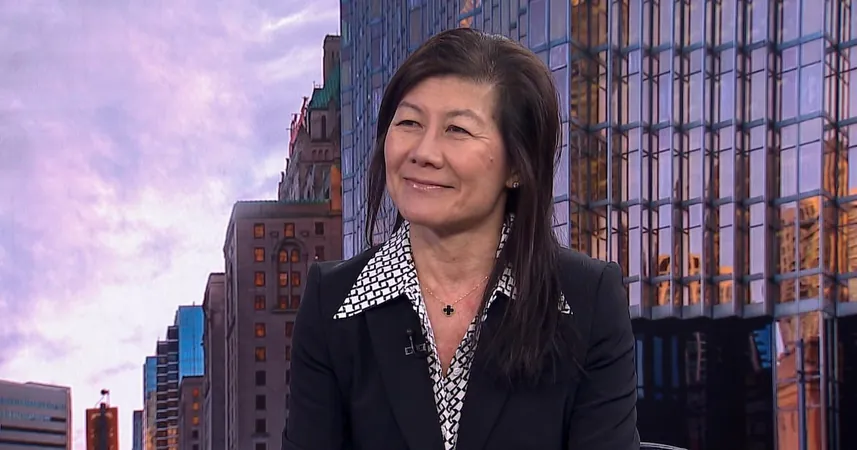

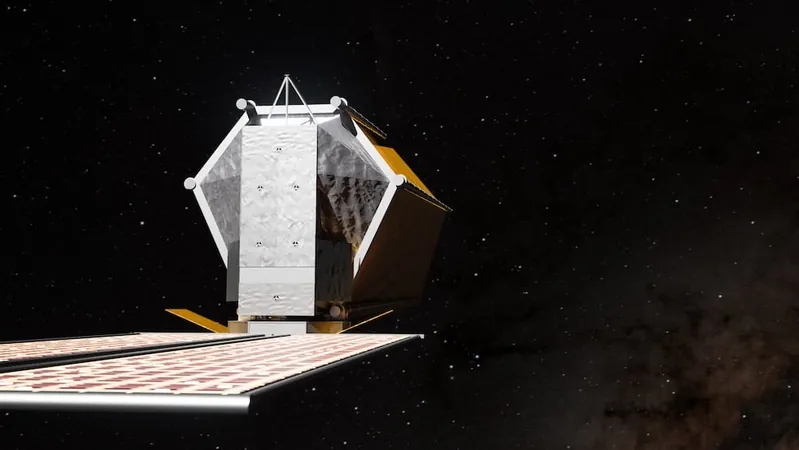
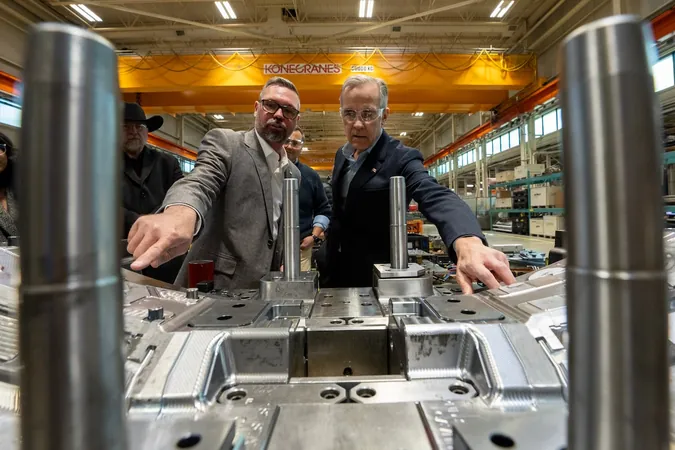


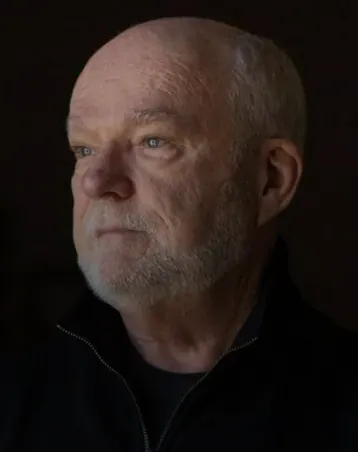
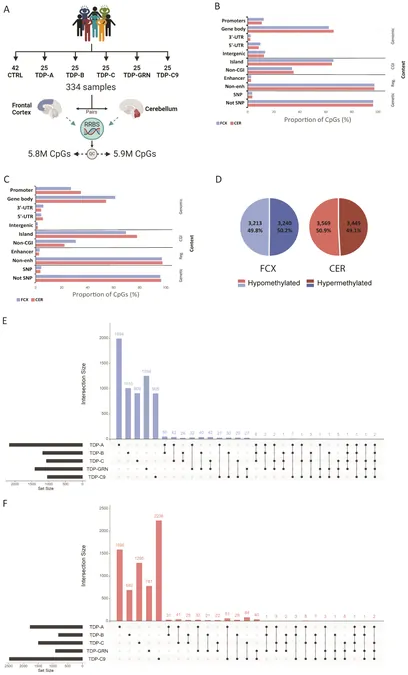
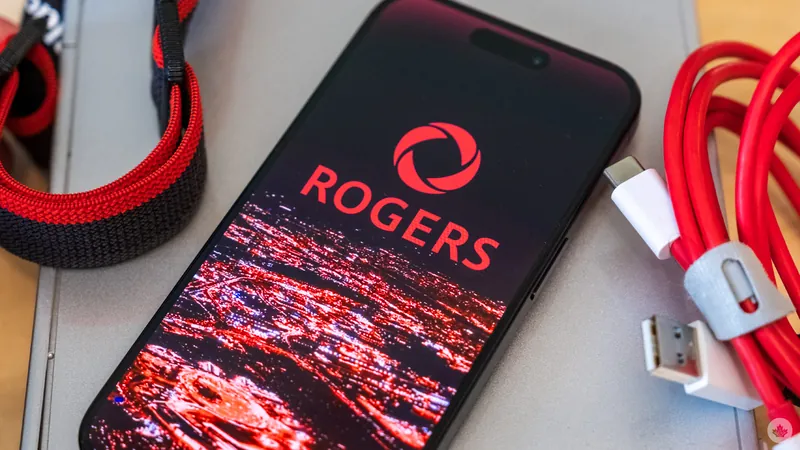
 Brasil (PT)
Brasil (PT)
 Canada (EN)
Canada (EN)
 Chile (ES)
Chile (ES)
 Česko (CS)
Česko (CS)
 대한민국 (KO)
대한민국 (KO)
 España (ES)
España (ES)
 France (FR)
France (FR)
 Hong Kong (EN)
Hong Kong (EN)
 Italia (IT)
Italia (IT)
 日本 (JA)
日本 (JA)
 Magyarország (HU)
Magyarország (HU)
 Norge (NO)
Norge (NO)
 Polska (PL)
Polska (PL)
 Schweiz (DE)
Schweiz (DE)
 Singapore (EN)
Singapore (EN)
 Sverige (SV)
Sverige (SV)
 Suomi (FI)
Suomi (FI)
 Türkiye (TR)
Türkiye (TR)
 الإمارات العربية المتحدة (AR)
الإمارات العربية المتحدة (AR)